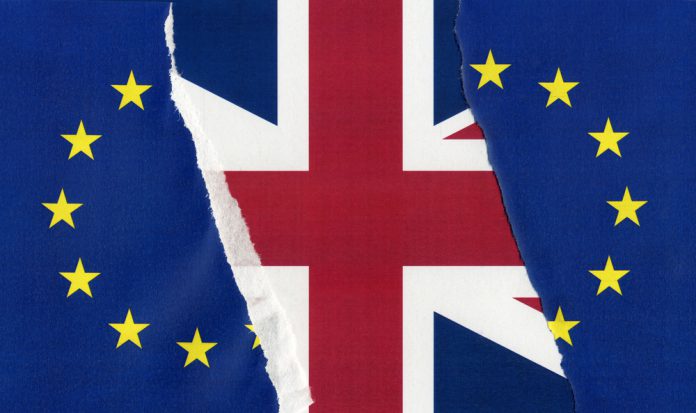Investors need to prepare now for three key issues ahead of Britain formally starting divorce proceedings with the EU on Wednesday, the boss of one of the world’s largest independent financial advisory organisations has warned.
The comments from Nigel Green, deVere Group’s founder and CEO, come as the countdown is on for the UK Prime Minister, Theresa May, to trigger Article 50 of the Lisbon Treaty on Wednesday 29 March.
“This is one of the most complex negotiations in political history with global consequences, and as with most divorce proceedings, it is unlikely to be completely smooth sailing. As such, investors need to ensure their portfolios are ‘Brexit-proofed,” Green said.
Increased market volatility
As seen in the weeks after the Brexit vote, uncertainty causes increasing volatility in the financial markets. Investors should prepare for this by diversifying their portfolios, both geographically and by sector.
“UK assets are likely to feel the heat”, Green said, adding that “investors should consider taking precautions against the potentially significant adverse effects of Brexit on UK assets, which they can do by increasing exposure to overseas investments.”
Currency swings
As Brexit negotiations begin, sterling is likely to experience further swings. The value of the pound has proved to be increasingly linked to the latest Brexit news, falling 10 per cent against the dollar in the week after the referendum to leave the EU and dipping last week when Theresa May confirmed the trigger date of Article 50.
Sterling is currently considered cheap, considering the underlying buoyance of the British economy, now forecast to grow 2 per cent in 2017.
“This is a buying opportunity for some investors”, Green said. “However, with an enormous question mark hanging over the negotiations, and the creeping inflation, the pound’s current low value might not last.”
Higher inflation and higher interest rates
This week, inflation hit its highest level in more than three years – and smashed the Bank of England’s official target. This has raised expectations that interest rates could be hiked sooner rather than later.
Green concluded: “A lot has happened since the EU referendum in June 2016, and today the economy is facing a very different set of issues. The economic landscape will continue to shift significantly during the two-year negotiation period. Investors need to remain aware and agile and ensure their portfolios are Brexit-proofed.”

